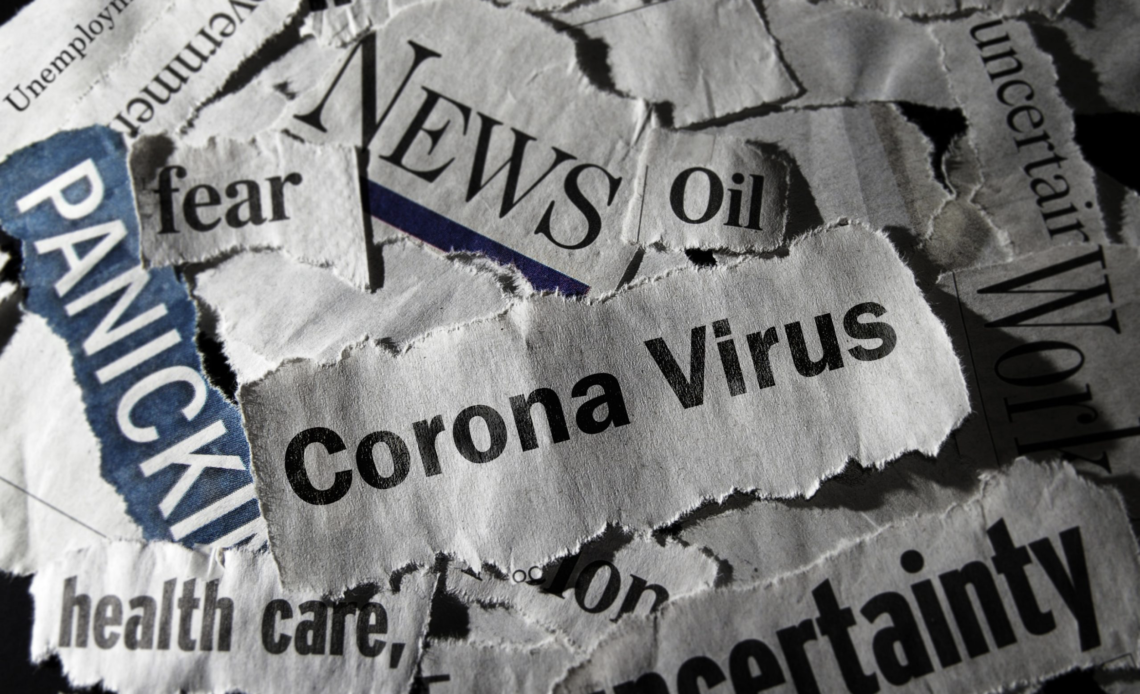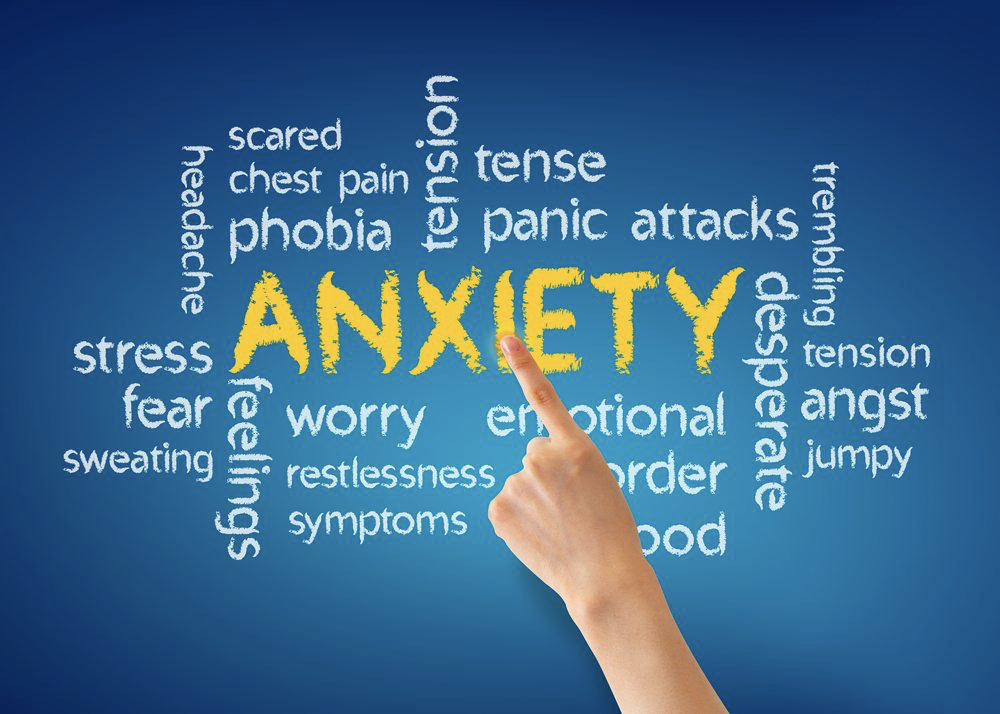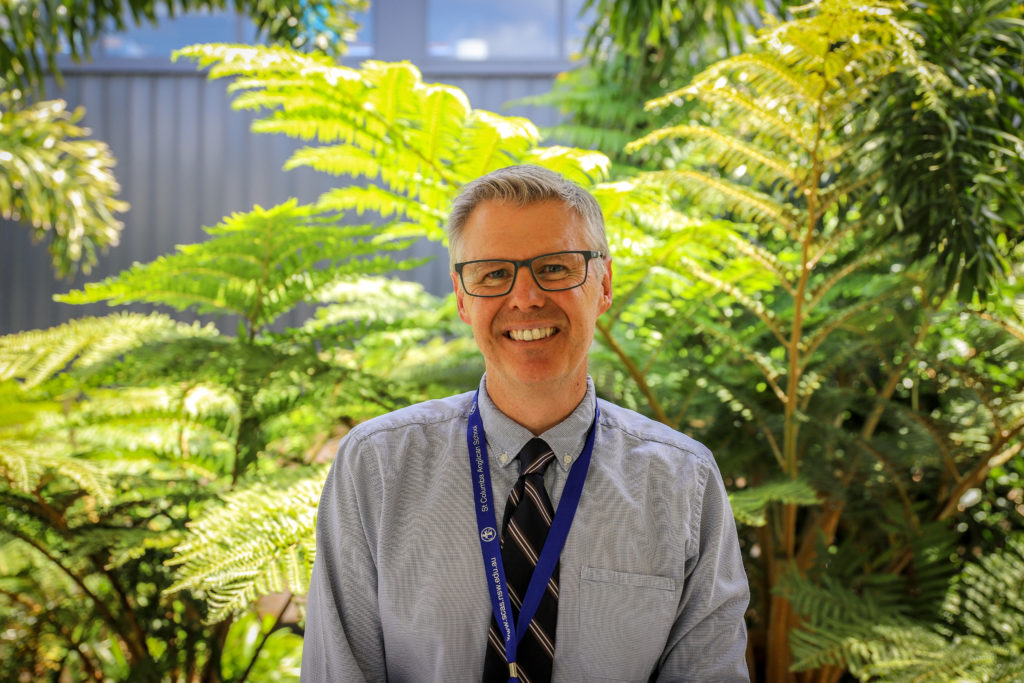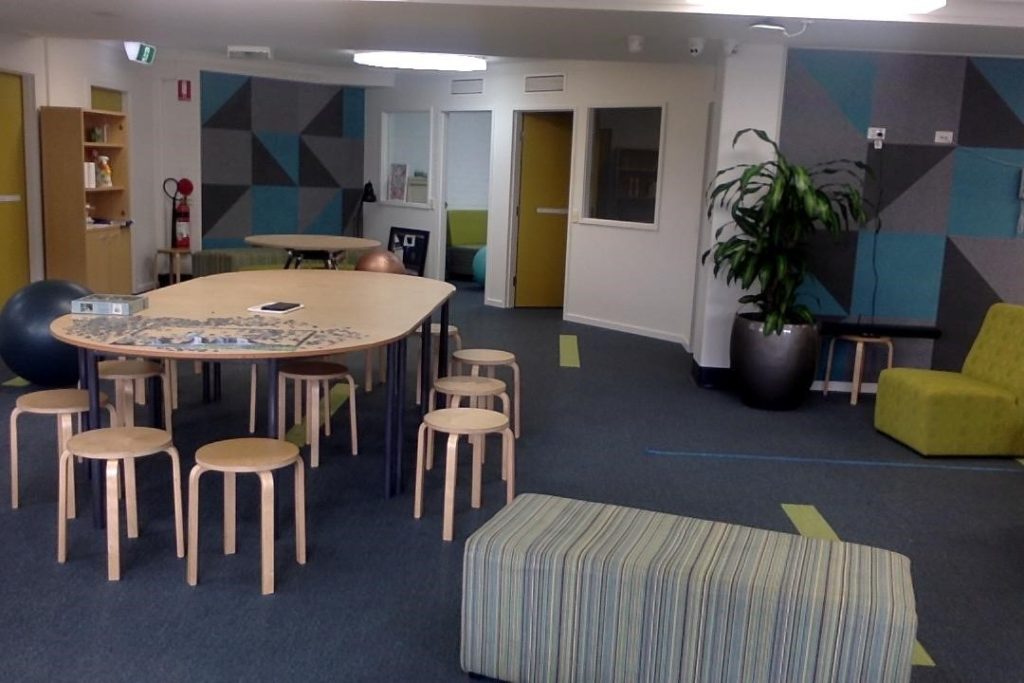
School years are supposed to be “the best years of your life”, but statistics show that these years can be stress-filled.
With drought, bushfires, floods, the Higher School Certificate and life in general the world can be quite confronting for our young people.
Throw in a 24 hour news cycle, the fear of missing out (FOMO) and the kind of physical and lifestyle perfectionism that is often demanded by social media platforms, it can be tough out there.
We know that feeling safe and cared for are key ingredients in academic success. We know that sometimes the outside world interferes with our students‘ capacity to concentrate and be fully involved in their education.
Understanding this, St Columba has taken steps to ensure that our students are supported as they navigate the ups and downs of life. These steps include:
- Creating leadership positions, Director and Deputy Director of Wellbeing, that are charged with the responsibility of ensuring the physical, mental and spiritual health needs of our students are being met;
- Creating an on-campus space, the Wellbeing Hub, where our students can access support and meet peers in a safe and welcoming environment;
- Securing the services of an experienced and highly regarded psychologist, David Bruce, who will work with the Directors to ensure staff are well trained in areas like mental health first aid and that appropriate support and referral processes are available to our students.
St Columba is working to ensure that we partner with our students and their families in recognising and dealing with the stressors our students face.
Lots of things cause stress in teenagers, but the top five causes are:
- school, especially homework, exams and pressure to do well;
- relationships with friends, boyfriends and girlfriends;
- life changes like leaving school, getting into university or getting a job;
- too many things to do, and feeling unprepared or overwhelmed by tasks;
- lack of sleep.
“Adolescents need eight to 10 hours of sleep a night and those who get less sleep than they need are at higher risk for depression, suicide, substance abuse and car crashes and they don’t perform as well in school.” Young and Sleep Deprived.
We want our students to be as happy, engaged and successful as possible. We know that success comes with hard work and good company. As adults we can help by being aware of the signs that trouble is brewing in our young peoples’ world.

Signs of stress in young people
Behaviour signs: You might notice that your child
- does not want to take part in activities they usually enjoy, refuses to go to school, or not do as well at school
- seems nervous or anxious
- sleeps too little or too much
- eats more “comfort food” than usual, or eat less
- drinks more caffeine products
- behaves aggressively
Emotional signs: You might notice that your child is
- cranky, moody, cries or feels sad, down or hopeless
- worries about missing out on what his peers are up to
- finds it hard to relax or switch off, especially from social media
Physical signs: You might notice that your child
- feels sick – headaches, shoulder pain, stomach aches or jaw pain
- gets frequent colds or infections
- loses or gains weight
- has panic attacks, dizzy spells, fast breathing or pins and needles
Stress can affect your child’s thinking: You might notice that your child is
- finding it hard to concentrate and stay focused
- having trouble remembering things, organising, planning or making decisions
- making snap decisions or errors in judgment
Terry Muldoon
Principal



